- What is Securities Transaction Tax (STT)?
- Features of Securities Transaction Tax
- Securities on which STT is Applicable
- Levy of Securities Transaction Tax
- How is STT counted on the Physical Delivery of Derivatives?
- Securities Transaction Tax and Income Tax
- How Does Securities Transaction Tax Work?
- Impact of STT on Traders and Investors
- Benefits of Securities Transaction Tax
- Illustration
- Final Thoughts
Securities Transaction Tax (STT) is a direct tax that is imposed on the purchase or sale of mutual funds, stocks, and derivatives listed on the Indian stock exchanges. This tax is introduced to regulate and generate income from investment trading. Additionally, provide speculative trading and certify a fair contribution of market participants in the Indian economy. Understanding STT and how it is levied provides an overview of its impact on traders, investors, and the broader financial market.
As an investor or trader in the Indian stock market, do you also want to know about STT? If yes, then you are on the right page. Here in this blog, you will get all the information about the securities transaction tax. Read on to know everything about it.
What is Securities Transaction Tax (STT)?
Like the tax collected at source (TCS), the securities transaction tax (STT) is also a type of financial transaction tax. This tax is imposed on the sale and purchase of securities listed on the stock exchange market in India. STT is controlled by the Securities Transaction Tax Act (STT Act) and has specifically mentioned the securities on which this tax is imposed.
The securities that are taxable under this are units of equity-oriented mutual funds, equity, and derivatives. Additionally, it involves unlisted shares that are sold under a sale offer to the public before being listed on the stock exchanges. Since this tax is imposed directly on the transaction amount, it increases the costs of purchasing and selling securities.
The government periodically determines the STT rates. Depending on the transaction type, either the seller or the buyer is accountable for paying STT charges. The STT is payable to the government before or on the 7th of the following month. Moreover, if an individual fails to collect or remit the STT, it results in both penal consequences and the levy of interest.
This was all about the securities transaction tax (STT). Moving on, let's look at its key features.
Features of Securities Transaction Tax
Securities Transaction Tax (STT) is a direct tax that is easy to calculate and impose. Some of the most distinguishing features of STT are as follows:
- Applicability: STT applies to equity-oriented mutual funds, equity shares, and derivatives (futures and options).
- Collection at Source: It is deducted at the very first movement when you purchase or sell any securities and transferred directly to the government.
- Long-Term Holding Exemption: Both long- and short-term gains are subject to STT. However, long-term gains less than the stated threshold may be exempt under this.
- Excludes Off-Market Trades: Under STT, off-market or private-market deals are excluded. Only trades executed on a recognized stock exchange in India are subject to STT.
- Variable Rates: According to the traded instrument, periodically, the government revised the tax rates.
These are some of the key features of STT. Moving ahead, let's know the securities to which this is applicable.
Securities on which STT is Applicable
There is no definition mentioned of 'securities' in the Securities Transaction Tax. Considering this, it has borrowed the definition of it from the Securities Contract (Regulation) Act, 1956. According to that Act, 'securities' are those assets on which STT is imposed. These consist of the following:
- Debenture stock, bonds, scraps, stock shares, or any other securities that have the exact nature as this or are marketed.
- Any securities with an equity nature stated by the government.
- Any units or derivatives that are generated by the investment schemes.
- Securities consist of interests and personal rights.
- Debt instruments are mentioned under security.
So, from the above explanation, it is clear that under the STT, 'securities' is a broad term. Additionally, the imposed tax includes all securities listed on the stock exchange in India.
This was all about the securities on which STT is applicable. Moving further, let's know the levy of STT in India.
Levy of Securities Transaction Tax
The Securities Transaction Tax is levied on the purchase or sale of securities listed on stock exchanges. The rate of STT depends on the underlying asset type in its volume, and the question. The government is liable to fix the rates, and from time to time, it revises them. Additionally, based on the transacted financial instrument, the tax may apply to both the seller and the buyer or the buyer and the seller. Here are the different transaction rates:
| Taxable Securities Transaction | Rate of STT | Person Accountable for Paying STT | Value on Which STT will be Imposed |
|---|---|---|---|
|
Purchase of an equity share based on delivery |
0.1% |
Purchaser/ Buyer |
Purchase cost of the equity share |
|
Sale of an equity share based on delivery |
0.1% |
Seller |
Selling cost of the equity share |
|
Based on the delivery sale of a unit of an equity-oriented mutual fund |
0.001% |
Seller |
Selling cost of the fund unit |
|
Sale of a unit of an equity-oriented mutual fund or equity share listed on a stock exchange, other than by the actual delivery. It also includes intra day trades. |
0.025% |
Seller |
Selling cost of the fund unit or share |
|
Derivative- sale of an option in securities |
0.10% |
Seller |
Option premium |
|
Derivative- sale of an option in securities when the choice is exercised |
0.125% |
Purchaser/ Buyer |
Settlement cost |
|
Derivative- sale of futures in securities |
0.02% |
Seller |
Futures trading cost |
|
Sale of a unit of an equity-oriented ETF to the Mutual Fund |
0.001% |
Seller |
The selling cost of the ETF unit |
The securities transaction tax is mandatory, and depending on the transaction type, it is charged to both sellers and buyers. It is collected during the investor's transaction. For instance, when an individual sells or purchases shares, the transaction costs include the STT.
This was all about the levy of STT. Moving ahead, let's see how it is counted in the physical delivery of derivatives.
How is STT counted on the Physical Delivery of Derivatives?
Generally, the derivatives contracts are settled in cash. This means that, instead of the physical delivery of stocks, profits from them are paid and received by both contracting parties. As shown in the table above, a 0.001% STT is imposed on these transactions. However, on 11 April 2018, the Central Board of Direct Taxes (CBDT) listed 48 stocks in its circular. In that contract, the CBDT stated that derivatives would be settled only through the physical delivery of shares against cash. Furthermore, the circular did not state that the STT rate applies to these transactions.
Considering this, on such transactions, the stock exchanges began imposing a 0.1% STT, which is 10% more than the tax imposed on the cash settlement of derivative contracts. As a result of this, the Association of National Exchange Members of India (ANMI) filed a petition against the stock exchange in the Bombay High Court to address the concern about increased taxes on the physical delivery of derivatives.
In this regard, the High Court sought the CBDT's opinion. In response to that, on 27 August 2018, the CBDT clarified that if a derivative contract is settled through the physical delivery of shares, the transaction will be considered similar to an equity share transaction, where settlement is by actual delivery of shares. Hence, for such derivative transactions, the same STT rate will apply as in delivery-based equity transactions.
This is how STT is counted on the physical delivery of derivatives. Moving further, let's read about STT and income tax.
Securities Transaction Tax and Income Tax
As mentioned above, all securities listed on stock exchanges are subject to STT. However, the STT applicability for income tax purposes varies depending on the transaction type: investment, trading, or producing business revenue. These are as follows:
Capital Gains
When individuals, whether self-employed or employed for financial gains, invest in securities, they are required to pay STT. The profit they earned from these is called capital gains, which are further divided into short-term capital gains (STCG) and long-term capital gains (LTCG), calculated on the duration of holding securities. Until 31 March 2018, LTCG on equity-oriented mutual funds (EMOF) and shares was exempt from STT, whereas on STCG, a 15% tax was charged.
However, as mentioned in the Budget 2024, from 23 July 2024, the STT on STCG has increased to 20%. Additionally, LTCG will now be charged at a 12.5% tax rate, as will LTCG. Furthermore, before 31 January 2018, any accrued capital gains are grandfathered, using the market value on 31 January 2018 as the acquisition cost.
Business Income
Companies are also liable to pay STT on securities transactions to produce business income. Under section 36 of the Income Tax Act, 1961, they can claim a tax deduction on the total STT paid. In the context of business, the STT is considered an industry expense and is eligible for tax deduction under the Income Tax Act.
This was all about STT and income tax. Now, let's look at how STT works.
How Does Securities Transaction Tax Work?
The Securities Transaction Tax works by imposing a tax on specific securities, such as shares, when you buy or sell them. It is levied to certify the Indian stock services that investors use; they pay the tax on them and provide the government with additional income. In 2004, the 'Stamp Duty' tax was replaced by the government of India with STT, as it was offering a better taxation system.
As stated above, the securities transaction tax is levied on both sellers and buyers, and the tax rate varies depending on the security type and whether you are selling or buying the security. For instance, when you sell or purchase equity shares at their transaction value, 0.1% STT is applied. The stock exchange automatically deducts this tax and pays it to the government.
As a result, the deduction of STT is quick, effective, and transparent, and it is deducted as soon as the transaction is made. Additionally, it avoids incidents such as incorrect payments, non-payments, and so on. However, one drawback is that STT increases transaction costs.
It is how STT works in India. Furthermore, let's examine its impact on traders and investors.
Impact of STT on Traders and Investors
In the following manner, the securities transaction tax impacts the traders and investors:
- Increased Transaction Cost: As STT is the additional price imposed on the sale and purchase of securities, it increases the price of trading securities. Additionally, when transaction value is high, the STT cost increases, further impacting investors' profitability.
- Shift in Trading Strategies: Given the increased transaction costs, investors' trading strategies may change to capture the benefits of securities with low STT rates.
- Reduced Liquidity: Sometimes, the market liquidity is also reduced by STT. This is because some investors, instead of opting for higher-STT securities, choose long-term investments, even when they want to earn short-term returns.
- Effect on Profitability: Regardless of whether the investment is profitable, the STT is applied to the securities. It reduces capital gains from trades and increases losses on unsuccessful trades. This further impacts the portfolio performance.
- Security Pricing: If the STT rate of the security is higher, individuals can avoid investing in it, which significantly reduces demand and lowers the security's price. This further forces the existing investors to face a loss on their investments.
These are some of the impacts of STT on traders and investors. Now, let's know the benefits of STT.
Benefits of Securities Transaction Tax
Here are the benefits of the securities transaction tax:
- Avoid Tax Evasion: As mentioned above, the securities transaction tax is like the tax collected at source (TCS). It helps the government track stock exchange transactions in India and prevent tax evasion.
- Discourage Speculative Trading: Since STT is charged on the purchase and sale of transaction securities, many people avoid speculative trading due to the higher STT. This further reduces market volatility and is impactful for investors.
These are some of the benefits of STT that both investors and the government of India get from its implication. Moving ahead, let's better understand the impact of STT through an example.
Illustration
Suppose Mr. A is a trader and he bought 5000 shares worth INR 10,000 at Rs. 20 per share. Now, within 12 months, he sells those shares at Rs. 30 per share. In case Mr. A sells the shares on the same day on which he bought them, the intraday rate of STT will be 0.025%, i.e.,
STT = 0.025% * 30 * 5000 = INR 37.5
Like this: for futures and options, the appropriate STT rate is 0.01%. If Mr. A at INR 5000 purchases five lots of Nifty futures and sells them at INR 5,010, this is how STT will be calculated:
STT = 0.01% * 5010 * 50* 5 = INR 125.25.
This is how STT is applied to securities transactions.
Final Thoughts
For every trader and investor in India, knowing about how the securities transaction tax (STT) is imposed is vital. It helps them plan better and choose the right investment option. After reading the above blog, you now know what STT is, and it will surely help you make the right investment decision. Furthermore, if you need more information about STT or how it is applied, consult professionals like Savetaxs. We have a team of experts with years of experience in taxation who provide you with the right guidance. So, do consider us if you need any help in income tax-related topics or while filing the ITR.
Note: This guide is for informational purposes only. The views expressed in this guide are personal and do not constitute the views of Savetaxs. Savetaxs or the author will not be responsible for any direct or indirect loss incurred by the reader for taking any decision based on the information or the contents. It is advisable to consult with either a Chartered Accountant (CA) or a professional Company Secretary (CS) from the Savetaxs team, as they are familiar with the current regulations and help you make accurate decisions and maintain accuracy throughout the whole process.

Mr Shaw brings 8 years of experience in auditing and taxation. He has a deep understanding of disciplinary regulations and delivers comprehensive auditing services to businesses and individuals. From financial auditing to tax planning, risk assessment, and financial reporting. Mr Shaw's expertise is impeccable.
Want to read more? Explore Blogs
Frequently Asked Questions
No matter what your source of income is, we've got you covered. There’s a plan for everybody!
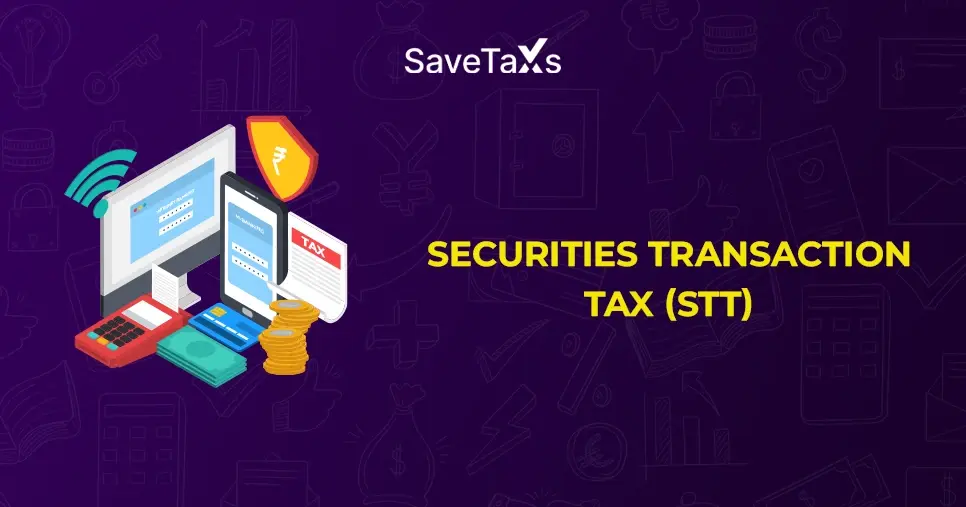
(i)-Of-The-Income-Tax-Act_1756812791.webp)
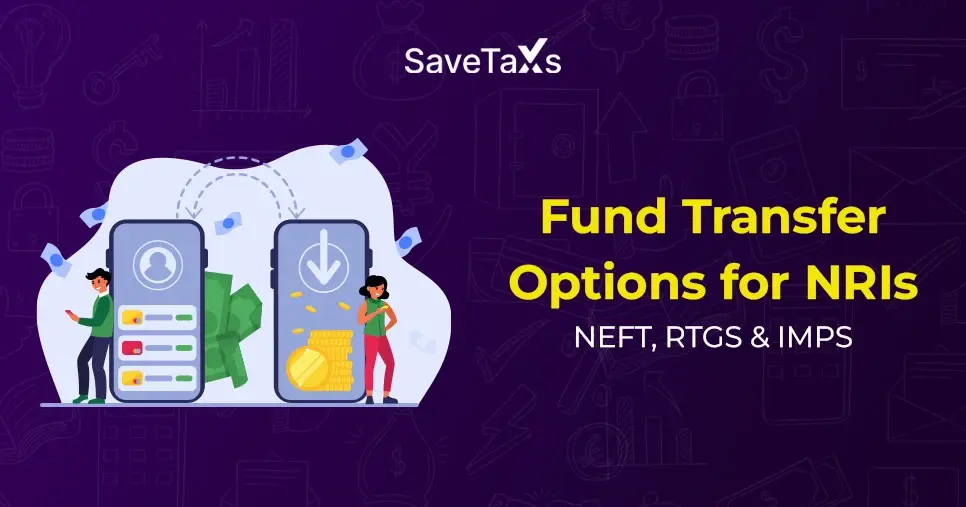

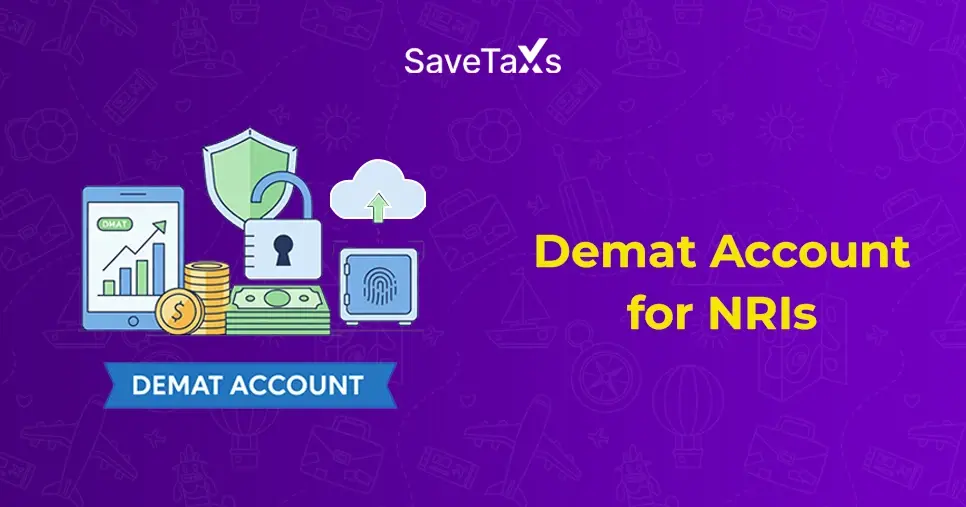
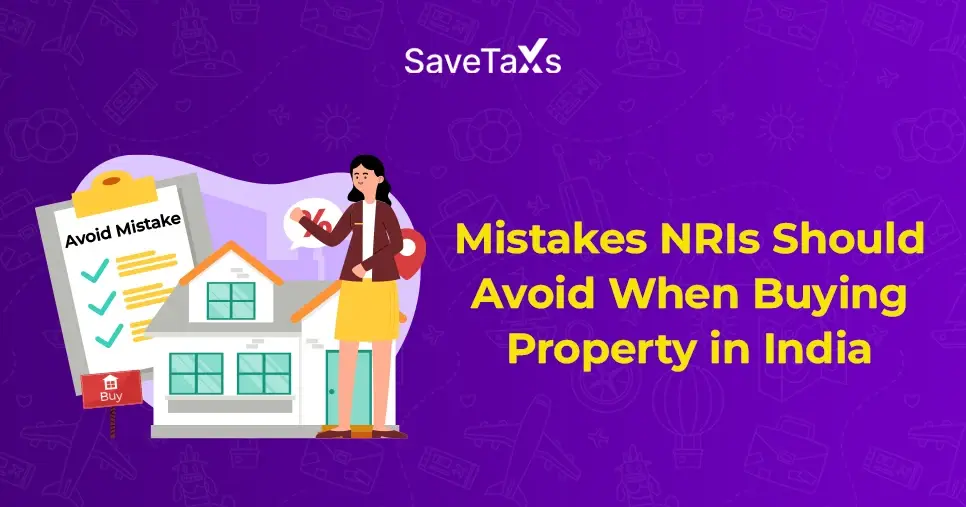
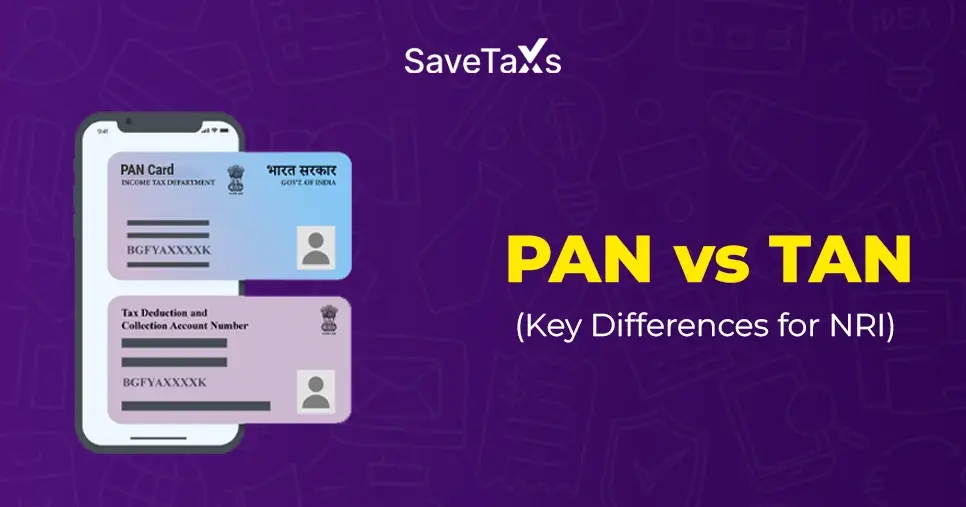
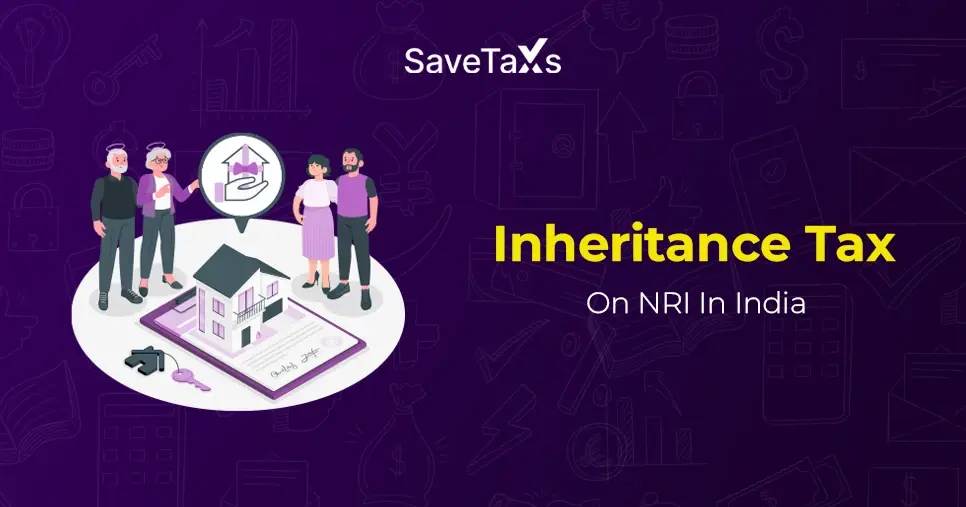
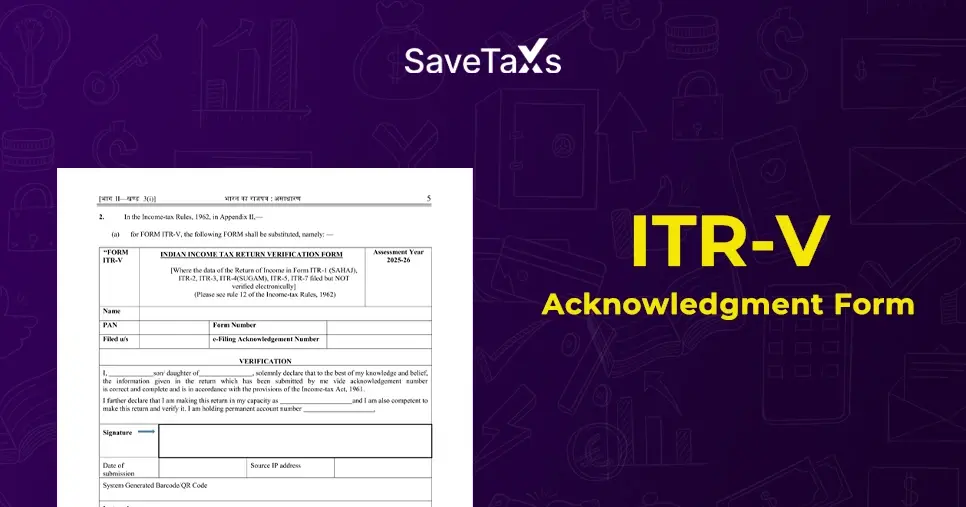
_1768211318.webp)

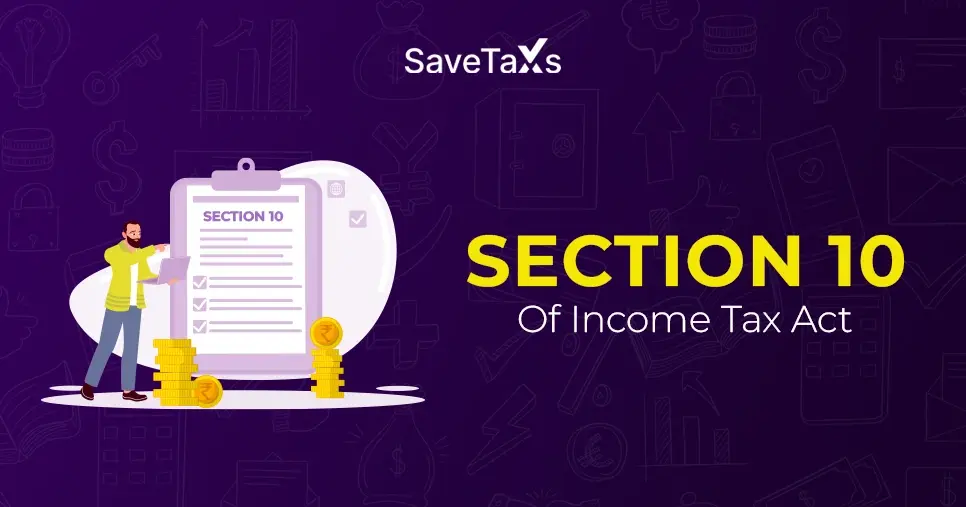
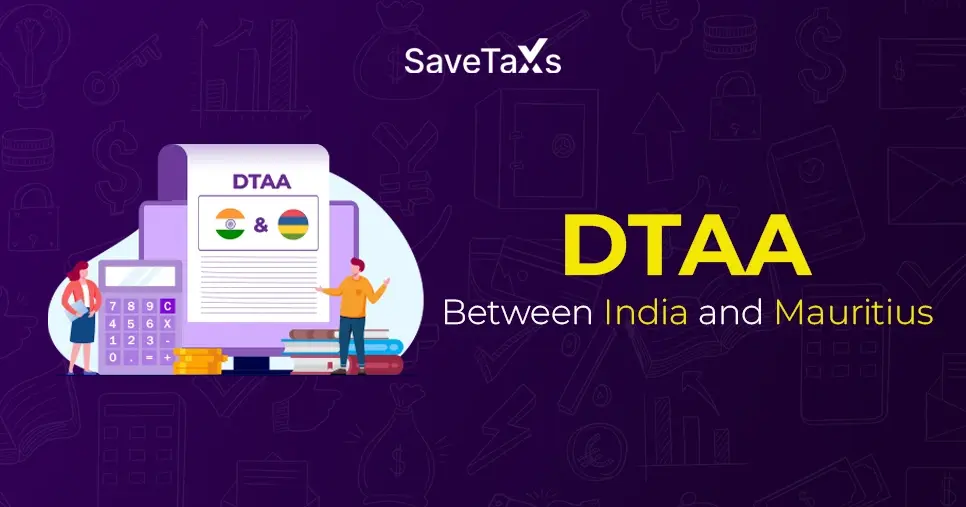
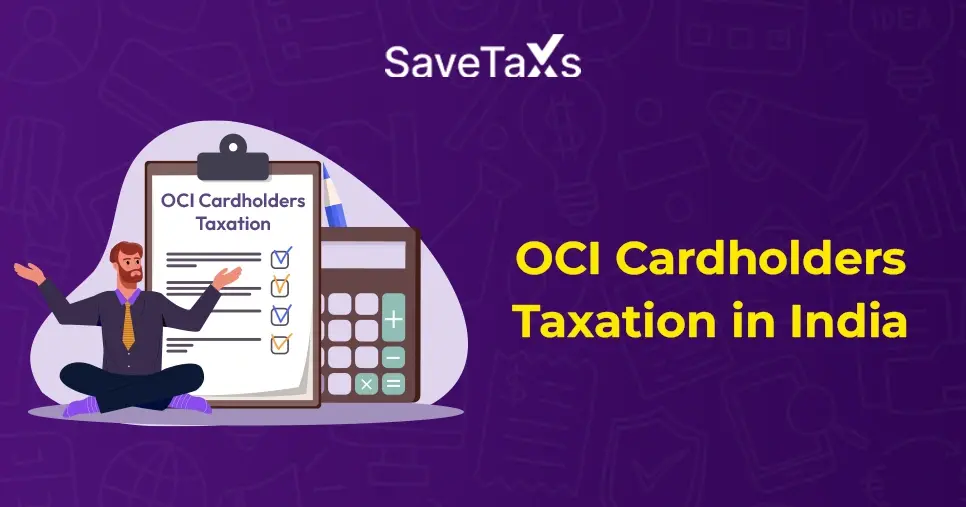


_1767696432.webp)
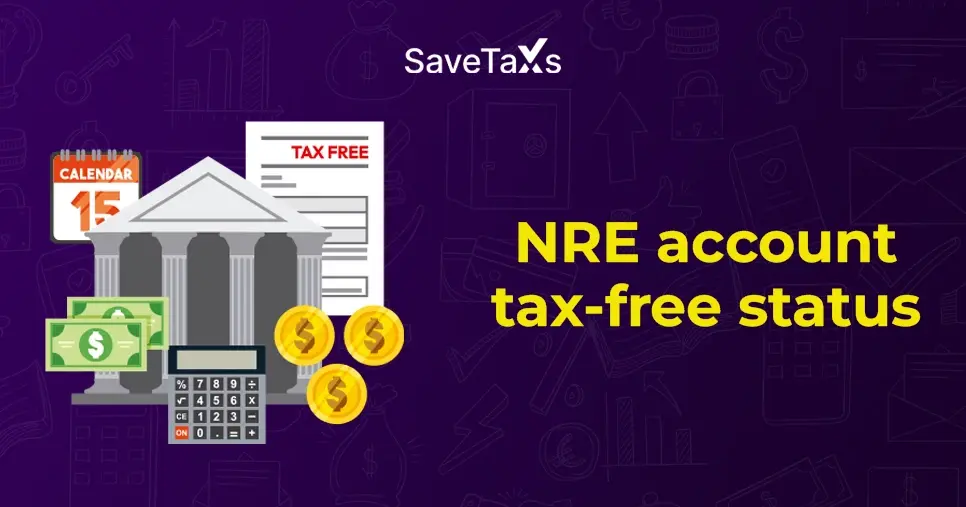
_1768633699.png)
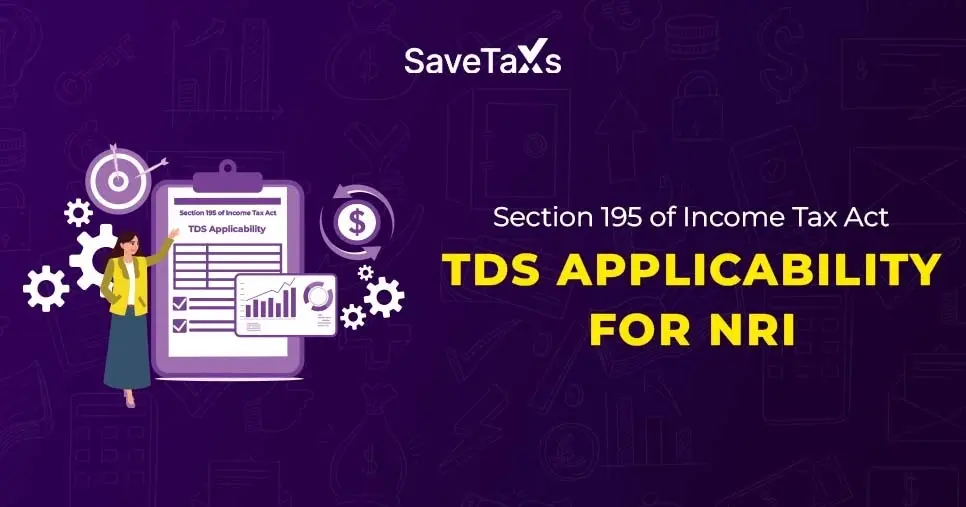
_1766561286.webp)